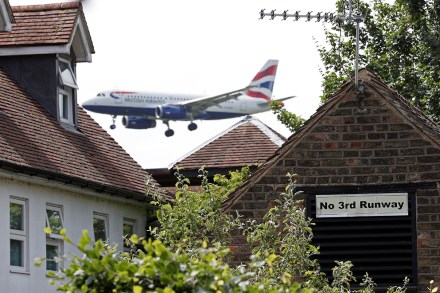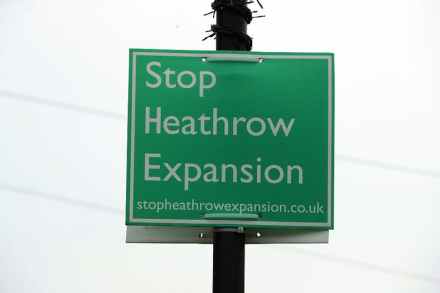The hypocrisy of the Heathrow Nimbys
Some readers may have noticed that it takes rather a long time to get anything done in Britain these days. For example, if you added them all together, I wonder how many hours of Prime Minister’s Questions and BBC Question Time – under consecutive governments – have been taken up by a discussion of HS2. The debate over whether the country could construct a faster way to get out of Birmingham seems to have dangled over us for decades now. It is always we who must become impoverished and everyone else who can become enriched It is the same with almost every other major infrastructure project. That is because the










